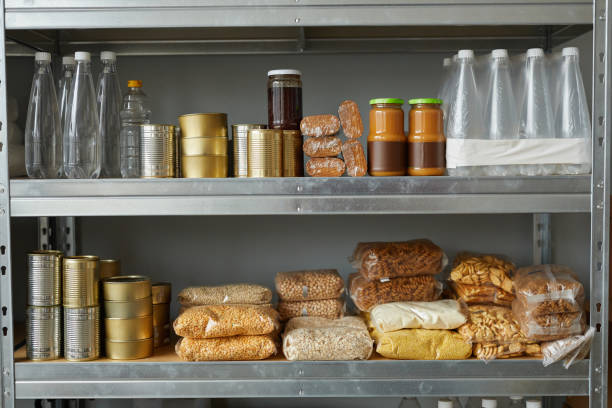Can Small Restaurants Really Get Tariff Breaks? Yes—and Here’s How
Let’s not sugarcoat it: food costs are brutal right now. Whether you’re importing specialty olive oil or relying on imported packaging, you’ve felt the pinch. And that “pinch” feels more like a slow grind some days. But here’s something many small restaurant owners don’t realize—they may qualify for small business tariff exemptions and related relief programs that actually reduce costs.
Let’s break that down, in plain speak.
You import stuff—now what?
Many restaurant owners import ingredients or materials without thinking twice about the back-end paperwork. Why would you? You’re more focused on keeping the kitchen running, margins tight, and your staff showing up on a Friday night. But buried in all that customs paperwork? Tariffs. Fees. Hidden line items that, if unchecked, quietly eat into your profit.
The twist? Some of those tariffs aren’t fixed. They can be reduced—or removed—if your business qualifies.
What even are small business tariff exemptions?
Think of these like “waivers” for certain import duties. The government, in an attempt to keep small enterprises afloat (especially during economic shifts), sometimes lets certain goods come in with little to no tariffs—if you’re a small business and your import fits the bill.
And no, it’s not just big players with fancy lawyers who get these breaks. Smaller, local spots like yours might qualify, especially if you’re importing:
-
Packaging or takeout containers
-
Specialty spices or ingredients from abroad
-
Kitchen equipment or parts
-
Certain alcohols or beverage bases
Some items fall under a “temporary exemption” list—kind of like a rotating menu that customs updates depending on international trade negotiations.
Sounds good. But what’s the catch?
There’s always a catch, right? Well, it’s not really a catch, but more of a red-tape jungle. Navigating tariff classification codes (HTS codes), reviewing Section 301 exclusions, and applying through the U.S. Trade Representative’s portal—it’s a lot. And if you’re not careful, missing a line on a form could send your exemption sailing away like a lost dinner reservation.
That’s where a solid accounting or tax team (who actually understand the food biz) comes in handy. They can walk you through the eligibility checklist and file on your behalf. Honestly, most restaurant owners we talk to don’t even realize how much they’re overpaying until someone flags it.
Here’s a real-world example…
We had a client—a family-run Italian deli importing cured meats and jars of sun-dried tomatoes from Sicily. They’d been paying tariffs on every shipment for over a year. After a quick audit of their import documents, we discovered one of their key items had a temporary exemption they never claimed. One form later, and just like that—thousands saved over the next few months.
That’s money better spent on hiring, marketing, or maybe finally fixing that walk-in cooler that’s been making weird noises.
Why the food industry is hit especially hard
Restaurants, especially independent ones, tend to work with razor-thin margins. When tariffs bump up your costs—even just 3%—that trickles down to menu prices, portion sizes, or payroll.
Plus, you’re not just battling tariffs. You’ve got inflation, labor shortages, unpredictable demand, and those surprise visits from health inspectors. So anywhere you can ease the financial load without compromising your product? That’s a win.
Don’t forget the paperwork (but don’t do it alone)
To claim exemptions, you’ll likely need:
-
Proof of business size (number of employees, revenue, etc.)
-
Product-specific details (origin, use, classification code)
-
Customs entry documentation
If your eyes glazed over reading that, you’re not alone. Most small business owners we work with tell us the paperwork feels like learning another language.
Here’s the thing—you don’t have to go it alone. A tax advisor who knows how to decode customs regulations can not only check for exemptions but also make sure you’re compliant so you don’t get flagged later.
Ok, so how do I start?
First, take stock of your imports. Ask yourself:
-
What am I bringing in from overseas?
-
Are those items necessary, or can I source locally?
-
Have I reviewed any duty exemptions in the past 12 months?
Then, reach out to someone who can help you translate that into savings. Whether it’s your CPA, a trade compliance expert, or an accountant who gets restaurants (hint: that’s us), the goal is the same—cut unnecessary costs without cutting corners.
One last thing…
You’re not just running a restaurant. You’re running supply chains, payrolls, front-of-house dynamics, and a brand all at once. It’s exhausting. But what if one overlooked form could stretch your margins without squeezing your quality?
That’s what small business tariff exemptions offer—a sliver of relief where you least expect it. And sometimes, that’s exactly the kind of breathing room a restaurant needs to stay competitive—and sane.

